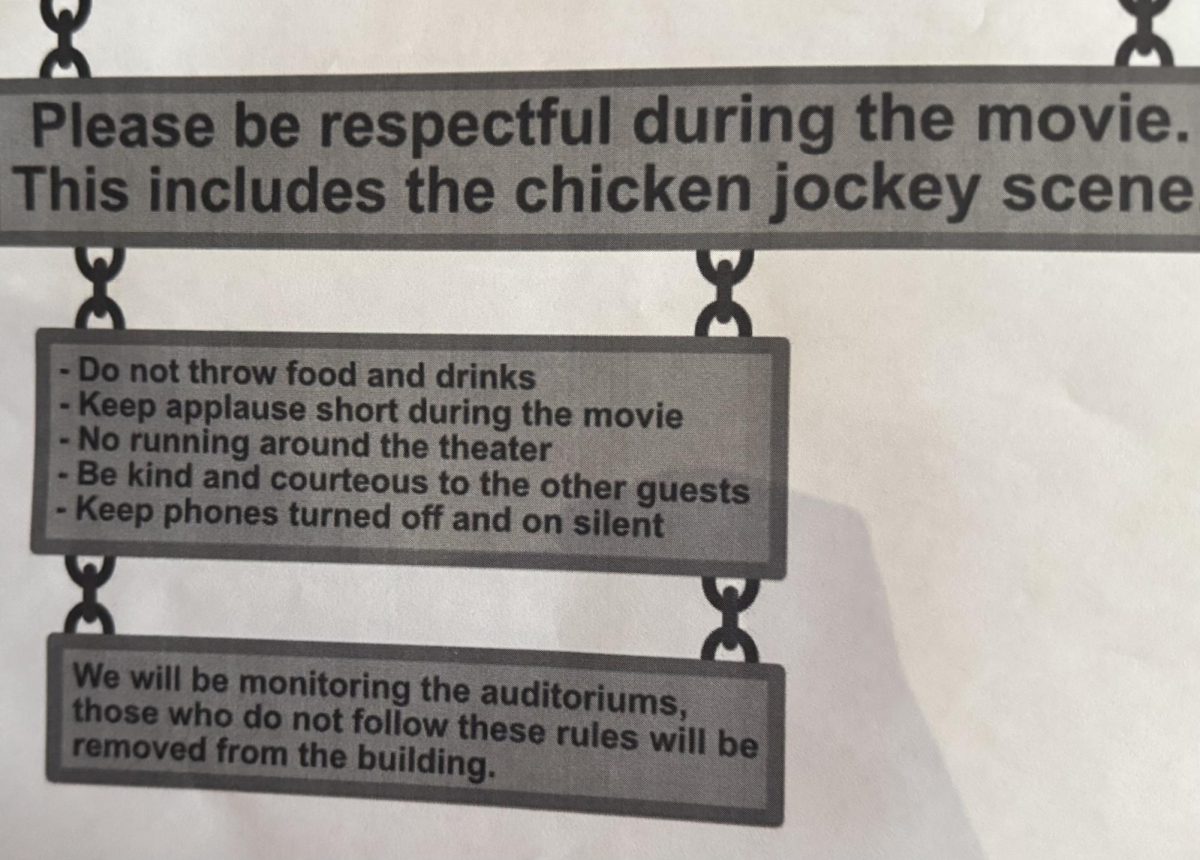We like to think of ourselves as belonging to a progressive school with a diverse international student body, which should indicate how multicultural, open-minded and accepting we are. As sweet as this sentence sounds, the problem is not that is doesn’t correspond to reality but that it sends the wrong message to our community.
We don’t need to deny that segregation does exist as a matter of fact, however the question is how do we go about addressing it? As a community, we tend to accept this segregation and assume that it exists outside our individual daily contributions. We genuinely believe that we are fully open-minded and the only reason we don’t hang out much with international students is just because… because of the cultural differences, perhaps.
International students, in return, lull themselves by false justifications of differences in humor, cultural references, ways of interaction and overall ways of being in order to make the situation seem natural and their status consciously chosen and thus preferable. A few international students tried to confidently confess to me that the above mentioned was the case yet that it was totally fine. All I could hear, though, was bitterness in their voices. While some are not ready to be honest with themselves and admit that they are not quite socially satisfied with this apparent hierarchy, some do in fact accept segregation with ruthlessness, saying, “we don’t even get invited to parties just because it’s assumed that Asians only study all the time.”
Surely, not every international student shares these sentiments and is representative of complaining, diminished and neglected stratum. Some, in fact, are active pursuers of what I would call “targeted and persistent assimilation” with Americans. They deny in a defensive manner that their relationships are conditioned by any external factors. They firmly hold that it’s entirely up to individual persons to make a step forward, to aim for varied experiences and therefore craft relationships upon their will. Some Americans argue in unison that “international students just cling together all the time,” which implies they are the ones to blame.
Two sides exist to the issue and each contains some grain of truth. We have to recognize that for an international student at least primary interaction with a group of Americans requires some degree of discomfort, so one has to be ready to face that and actually be willing to sacrifice security in order to integrate. This doesn’t pertain to all the international students in the same way, obviously, but let’s omit the usual lengthy discourse on the white privilege by simply bearing in mind one small subtle nuance that bears a huge consequence to our entire understanding of the problem. So for instance, for a white European to find oneself at a party, one simply has to not refuse to be there, while for many other international students it is the question of actively making effort to get to a party. So what if one is naturally shy, indecisive and not feeling comfortable at drawing attention in the first place? Nonetheless, the exact same psychological and social traits wouldn’t matter in a homogeneous social environment. And if the same personality traits function differently, then the core of the problem must be in the social construction.
Indeed, our small community is a field where continuous battle for recognition takes place. However, international students are ousted of this competition, they are not viewed as equal competitors for social attention. They are eagerly complimented upon their intellect, appearance, special skills and told how special they are for coming from a different place. All genuine, but deeply condescending since they are out of the game, not serious opponents for social status. I don’t mean to say that internationals are viewed this way by the Americans only; respectively internationals diminish and place themselves as outcasts. So it is a mutual reflection of a flawed hierarchical and discriminatory structure.
Having said that, I wonder if we simply like the idea of being multicultural and global, but in fact fall prey to our traditional misconceptions and biases and subtly carry on the exclusive social power discrimination.






